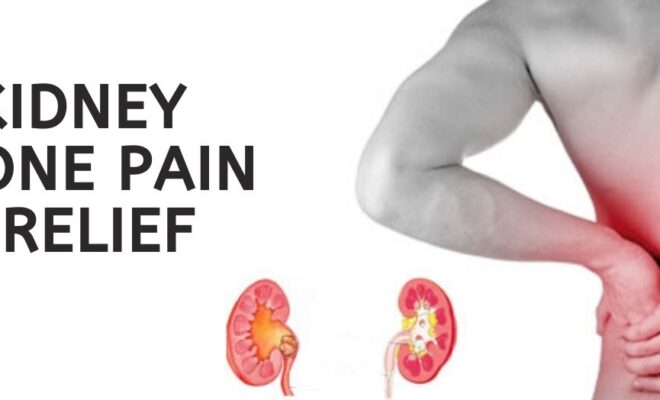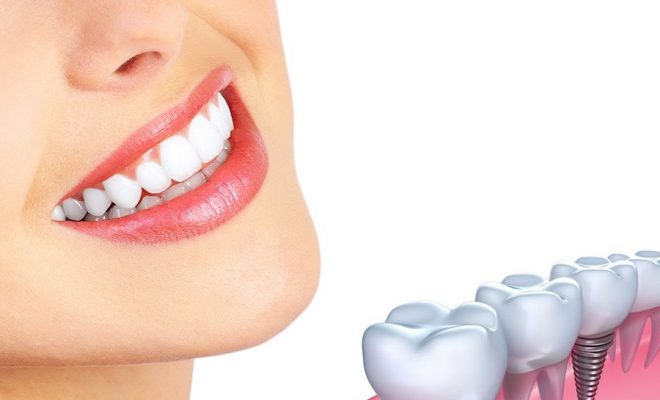Constantly Checking Your Phone – Could It Be An indication of Your Mental Health?

A cafe or restaurant, mall, playground, office, you name the place and you’re sure to see multiple people checking their phones for calls, texts, emails, and social networking updates. Can it be they all are afflicted by ocd (Obsessive-compulsive disorder), stress, anxiety, antisocial behavior as well as other type of mental illness?
All of us express our ‘mental health’ diversely. Previously, somebody that socialized ‘differently’ was called psychologically ill. These were considered crazy, possessed, or someone you possessed to prevent. Through the years we have realized that lots of inventors, artists, scientists, musicians, athletes and actors experience mental illness. It isn’t something we have to hesitate of or demonize.
One out of 4 adults happen to be identified as having a mental health issue. However, individuals figures don’t inform us the real story given that they don’t include those who have not searched for treatment and been formally diagnosed.
We Go Through Mental Health Issues
When we include all the diagnosed and undiagnosed cases, the figures are lower. Can it be one in three, one in 2, or possibly many of us our coping with mental health issues to some degree. All of us cope with anger, anxiety, compulsions, cravings, denial, fatigue, fear, grief, impulsiveness, jealousy, moodiness, panic, self-esteem, stress, trauma at some point within our existence.
All of us respond to situations and occasions on the sliding scale. Many people interact with a small, short-term response. They cry, yell, feel sad, crave some chocolate, or use another outlet to exhibit their feelings. However, this group has the capacity to keep a full day. Others could have a lengthy-term, chronic response. They might develop depression, anxiety, phobias, or eating, mood or sleep problems. Others can experience responses which are somewhere among with respect to the day or even the event. For individuals who believe that they do not respond to demanding situations, even no fact is a sign of the mental health.
How Come People Scared of Mental Health Issues?
Simply mentioned, mental health is when we believe, feel and act. It is a reflection our mood, behavior, and thinking as a result of stress and interactions with others. Our mental health belongs to us in the day we’re born and may change with time. Many factors lead to the mental health, including genealogy, trauma, and brain chemistry.
Mental health issues should not be treated like a deep, dark family secret that nobody is supposed to speak about. You would not think less of somebody who developed cancer, cardiovascular disease, or diabetes. People coping with mental illness should get the same compassionate response. There’s no shame in seeking help. Hopefully, as more people speak out regarding their own struggles, you will see a lesser stigma connected with this particular illness.
Ideas To Enhancing Your Mental Health
Everyone knows that you could enhance your physical health with exercise and good diet. What lots of people don’t understand is there’s also tools will enhance your mental health.
Get enough exercise.
Reduce the quantity of sugar and junk foods you consume.
Eat quality whole grain products, vegetables, lean protein, healthy fats, and fruits.
Don’t isolate yourself. Speak with buddies, parents, teachers, counselors, local clergy, or perhaps a counselor.
Conserve a positive attitude (use music, dance, buddies, inspirational quotes).
Develop coping skills (problem solve prior to a demanding situation).
Find something to laugh about everyday (jokes, videos, Television shows, movies, funny people).
Look for a safe-method to de-stress (mediation, studying, music, buddies, spiritual).
Find the best mental health specialist or physician that will help you determine if medicine is essential to address signs and symptoms and promote recovery.
You’re Not Alone – All Of Us Cope With Some Degree of Mental Illness
You don’t have to hesitate of mental illness. Our behavior, ideas, and response to existence are things all of us cope with every day. Even though many people develop personal coping techniques, others want more aggressive treatment. There’s no shame in trying for help. Next time you believe you’re the just one coping with mental health issues, browse around you. The number of people would you see compulsively checking their phones? Possibly we’re able to all take advantage of a bit more support and empathy.










